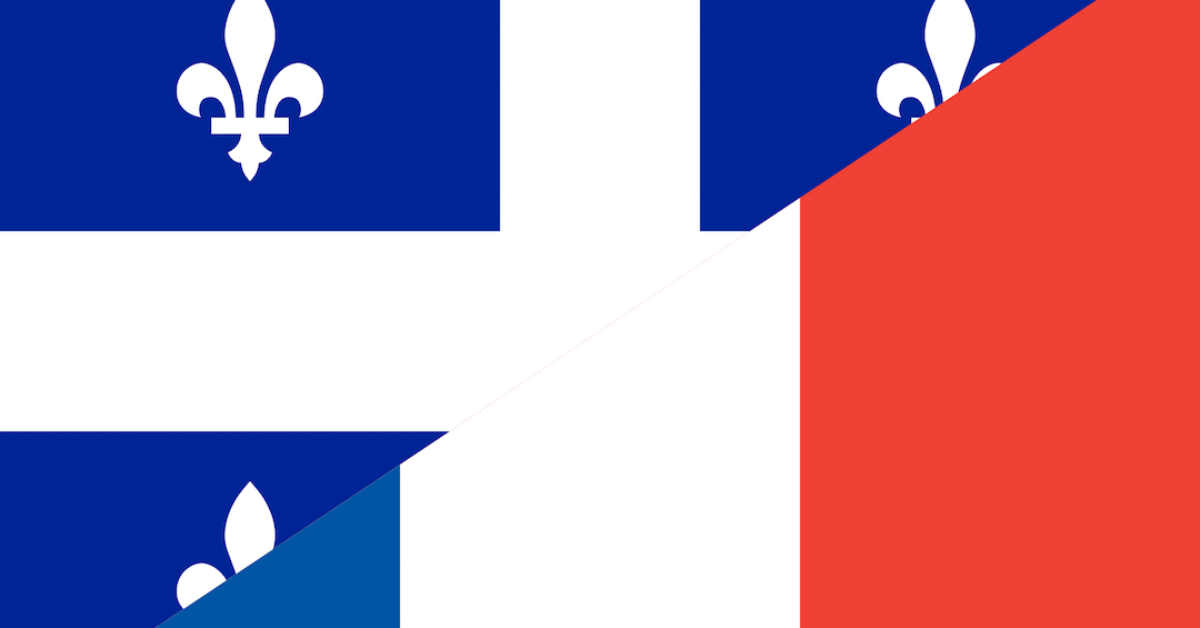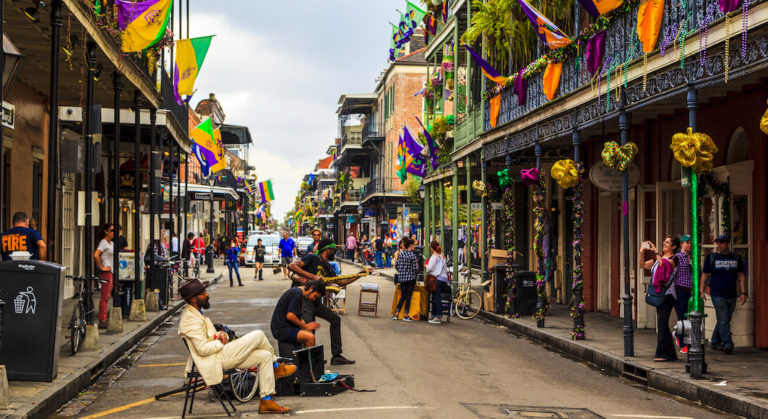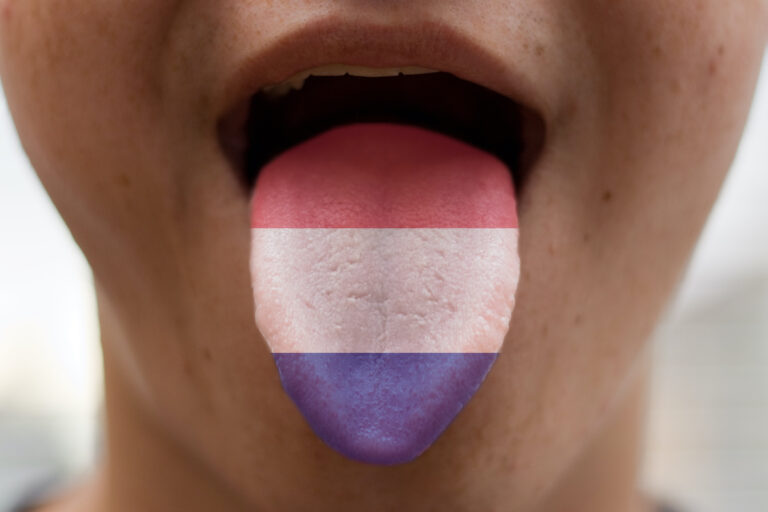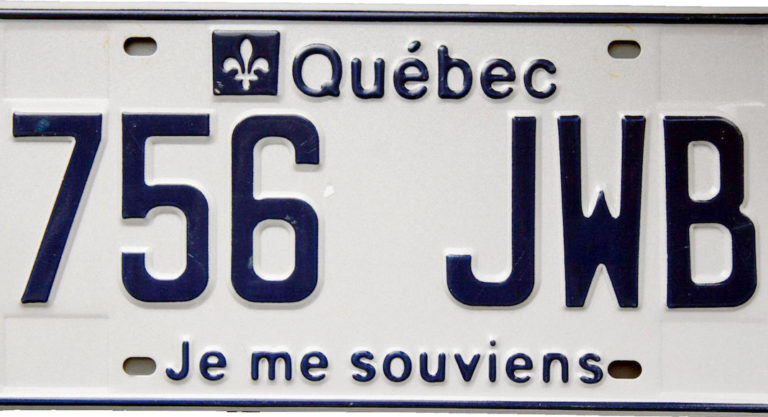Oh, Canada. Famous for its maple syrup, its hockey, and its population of French speakers. There are various dialects of French spoken in Canada, but the most commonly used is called Laurentian French. This is the kind you’d hear if you traveled to the province of Québec — and it sounds dramatically different from France French, or continental French.
But why do people even speak French in Canada, a language that comes from over 4,000 miles away?
“The Francophones in Canada arrived between the 16th century and the 18th century,” explains Douglas Walker, linguist and professor at the University of Calgary. “With them, they brought Continental French and smatterings of French dialects from the north and the west. Their dialects and accents intertwined to produce a different-sounding French — what we call Laurentian French today.”
Major changes took place after the English conquered parts of Eastern Canada in the 18th century. “Anglophones became the dominant force, and Francophones were relegated to the working class,” continues Walker. Due to “the Anglophone dominance in the region, the language’s working-class connotation, and its deviation from the well-respected Continental French,” Laurentian French lost its prestige, and Francophones faced linguistic inferiority — discrimination from Anglophones who believed English to be the superior language.
It wasn’t until the 20th century that French in Québec started to regain respect. This shift can be attributed to the Quiet Revolution, a period of rapid social change in the 1960s which “aimed to confront feelings of the linguistic inferiority faced by Francophones in Canada,” says Walker. “Vocabulary was created to replace English words with French words.” The revolution inspired the passing of The Official Language Act of 1974, a law designating French as the sole official language of Québec. Today, Québec remains the only unilingual province in bilingual Canada.
The tumultuous history faced by Francophones in Canada has affected the French they speak. The French spoken in Quebec (Laurentian French) best embodies these effects as it is distinctly different from Continental French, distinguishable by its distinct sounds, informality, and slang.
Pronounciation
Laurentian French speakers shorten high vowels such as i, u, and ou, affecting the way certain words sound. “High vowel laxing (shortening) is very characteristic of less formal, Laurentian French,” affirms Walker.
“The second major phonetic difference between continental French and Laurentian French is the diphthongization of vowels,” continues Walker. This fancy linguistic term means to turn a simple vowel into a diphthong, or a word that begins with the sound of one vowel and ends with the sound of another (e.g., English words like “oil,” “coin,” and “loud”). This breaking up and elongating of vowels is very distinct to the French spoken in Canada. Take these for example:
The third major difference lies in the nasal vowels, of which there are four in French. In Continental French, the nasal U has disappeared and been replaced with the nasal A sound, leaving Continental French with three nasal vowels. Laurentian French has preserved the fourth nasal vowel. “The nasal U is alive and well,” says Walker.
In practice, in Continental French people typically say “un” as “UHN” rather than “AHN,” a sound which comes from way back in the throat. This AHN sound is very typical of Québecois French.
Formality
Remember that horrifying feeling you got in middle school when you accidentally tutoyed (used the casual “tu” form with) your French teacher? If you travel to Québec, you don’t have to worry about this rule. “You use ‘tu’ a lot more freely, in a lot more contexts. Francophones in Québec tutuois much more frequently and much more easily than they do in continental France,” adds Walker. So if a young kid uses the “tu” form with you in Canada, don’t be offended. The rules are just a bit less formal.
Slang
“The slang in Laurentian French is different than the slang in continental French,” notes Walker. If you want to fit in, drop some of these phrases:
Mon chum – This one can be a bit tricky. It can either mean boyfriend or bud, depending on context.
Ma blonde – translated directly, this means my blonde. This one has nothing to do with hair color, it just means girlfriend.
Aweille! – (ah-way) In France, you’d say “allez!” Or in English, ‘C’mon!” It’s just a fun, energetic word.
Lâ – It’s pronounced “le.” It’s used like an exclamation point, to make an emphasis on something you’re saying, or just used as a filler word. They insert this one everywhere, lâ.
And then, of course, there are religious words —les sacres. But these exclamations are more appropriate to yell while stuck in traffic than during church. “The swear words in Québec are largely religiously based for historical reasons, given the dominance of the church up until the 20th century,” explains Walker.
Tabernak! (tabernacle)
Esti! (the host)
Calice! (The chalice)
Criss! (Christ)
To see more of the Québécois slang, watch this.









